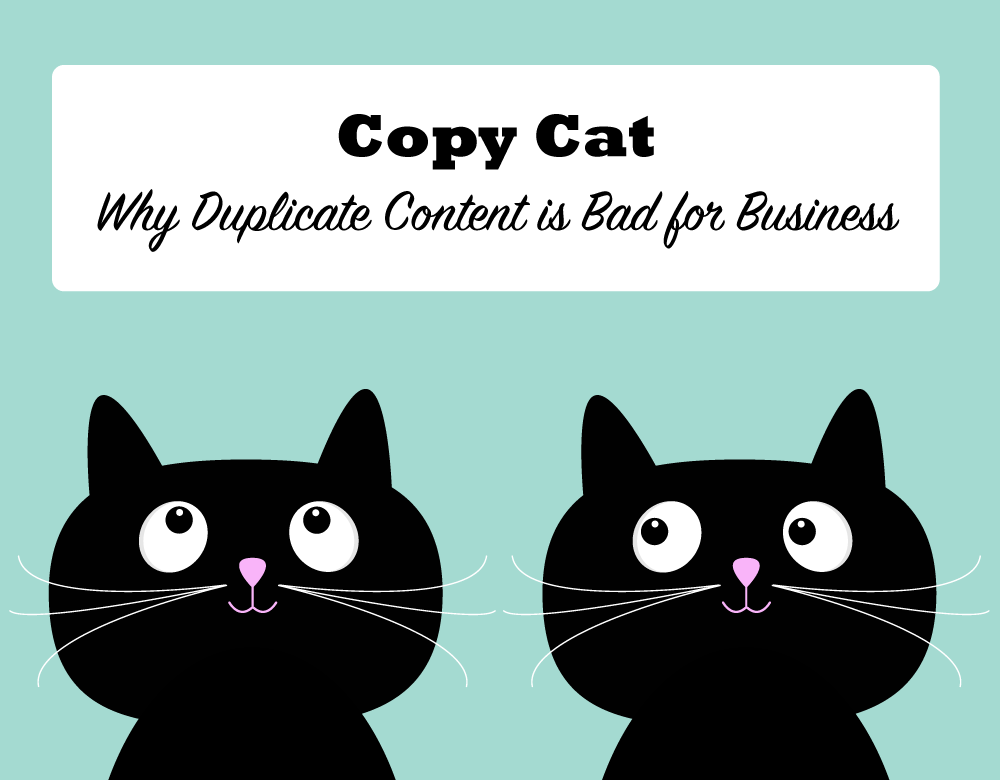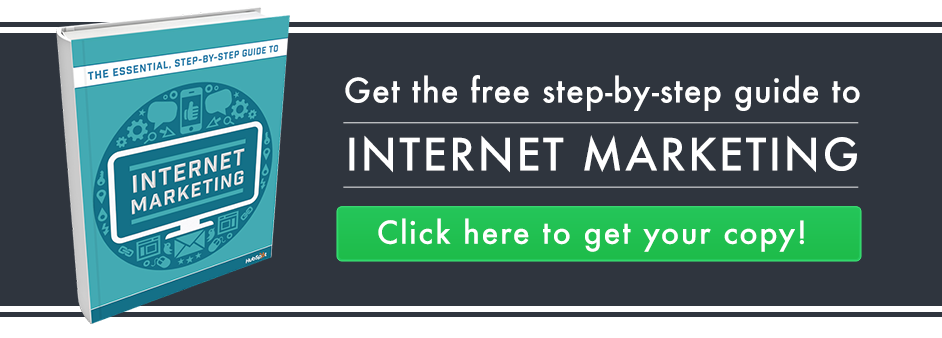Google is watching, and they don't like it when you republish content on multiple sites. Although a complicated and highly debated issue, duplicate content is problematic more often than not.
In this post, we’ll explore why republishing content can be a bad SEO practice and when duplicate content is okay. Keep in mind that “duplicate content” doesn’t only refer to blog posts, but to all written content on a site.

Why You Shouldn’t Repost
First, let’s explore a few reasons why duplicate content is looked down upon:
1. It’s plagiarism.
If people copy and paste content from your site, don’t ask for your permission, fail to link to your original article, and use their own bylines, that’s downright plagiarism.
If you want to check and see if anyone has been plagiarizing the beautiful content you’ve invested your intellect, time and money in, check out Copyscape. If you find anything fishy, report it to Google with a Scraper Report.
If a scraper takes your content exactly as is—your by line, links, and all (this is one reason why internal linking is so important)—directly from your site, then the next step is up to your discretion. Personally, I email the person and ask them to please take it down. If they don’t respond within a reasonable amount of time, I report it. If you deem this process not worth your time, however, and the scraping is minimal (as in a few hundred words), you can choose to let it be.
2. It can hurt your search engine rankings.
This one is heavily debated in the SEO world, but at the end of the day I stick with the “better safe than sorry” mantra.
The reason duplicate content can potentially hurt your rankings on search engine result pages (SERPs) is because if two pages of content are exactly the same, Googlebot and other search engine spiders may have trouble discerning which is the original and which is the copy. Therefore, they demote both of the pages on the SERPs, meaning both the original on your site and the copy on another will rank lower.
Here’s what Google has to say about it:
“In some cases, content is deliberately duplicated across domains in an attempt to manipulate search engine rankings or win more traffic. Deceptive practices like this can result in a poor user experience, when a visitor sees substantially the same content repeated within a set of search results.”
In short, duplicate content can result in lower rankings and traffic loss.
When Duplicate Content is Okay
Here are a few instances in which duplicate content is “okay,” although still not ideal.
1. If it’s minimal.
If you have similar wording throughout your website, whether it be your terms and conditions or company catchphrase, these small pieces of duplicate content won’t hurt you in the long run.
2. If you have a lot to gain from it.
If a website with a great reputation and big audience asks to republish your post, it won’t hurt your site too much. Just request that this other party uses a canonical HTML tag when reposting. The tag looks like this:

Image via Kissmetrics
An even better practice is to have the publishing party or someone on your team re-word the article before publication. This way both posts are truly original content. This can be easily done by taking a “how to” post and making it a “how not to” one, or turning a “top # mistakes” list post into “# best practices.”
Conclusion
As long as you’re aware of the potential harm duplicate content can do, you can make informed decisions about if and when you should let republication happen. Many people don’t even know that duplicate content can have negative effects, and that’s where the SEO penalties lie.
As I’ve previously stated, I’m all about the “better safe than sorry” mantra, which is why I don’t republish others’ content on xoombi’s site, and don’t let others republish ours. This makes the issue of duplicate content a little more manageable, and ensures only value-rich, original content takes the xoombi name.








